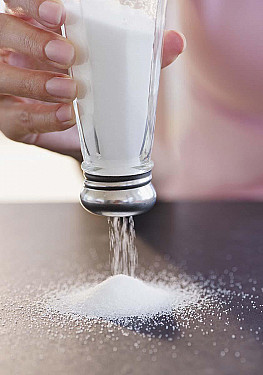Keeping coffee to mornings may better protect the heart
Research we're watching
- Reviewed by Toni Golen, MD, Editor in Chief, Harvard Women's Health Watch; Editorial Advisory Board Member, Harvard Health Publishing; Contributor

People who drink coffee only in the morning face lower odds of dying from cardiovascular disease — or any other cause — compared with all-day coffee drinkers or people who don’t drink coffee at all, according to an analysis published Feb. 21, 2025, in the European Heart Journal.
The study looked at data from nearly 41,000 adults (average age 47, 52% women) taking part in the National Health and Nutrition Examination Survey who were asked to report all the food and drink they consumed on at least one day, including whether, how much, and when they drank coffee (either caffeinated or decaffeinated). Researchers also assessed a smaller group of about 1,500 adults (53% women) who completed a detailed food and drink diary for a full week. The researchers then linked these data with participants’ individual death records over a period averaging nearly 10 years. About 36% of participants were morning coffee drinkers, while 16% drank coffee throughout the day; the remaining 48% didn’t drink coffee.
Compared with people who didn’t drink coffee, morning coffee drinkers were 31% less likely to die of cardiovascular disease and 16% less likely to die of any cause over the study period. But all-day coffee drinkers didn’t show any difference in death risks compared to people who didn’t drink coffee.
Image: © Stefania Pelfini/Getty Images
About the Author

Maureen Salamon, Executive Editor, Harvard Women's Health Watch
About the Reviewer

Toni Golen, MD, Editor in Chief, Harvard Women's Health Watch; Editorial Advisory Board Member, Harvard Health Publishing; Contributor
Disclaimer:
As a service to our readers, Harvard Health Publishing provides access to our library of archived content. Please note the date of last review or update on all articles.
No content on this site, regardless of date, should ever be used as a substitute for direct medical advice from your doctor or other qualified clinician.
















